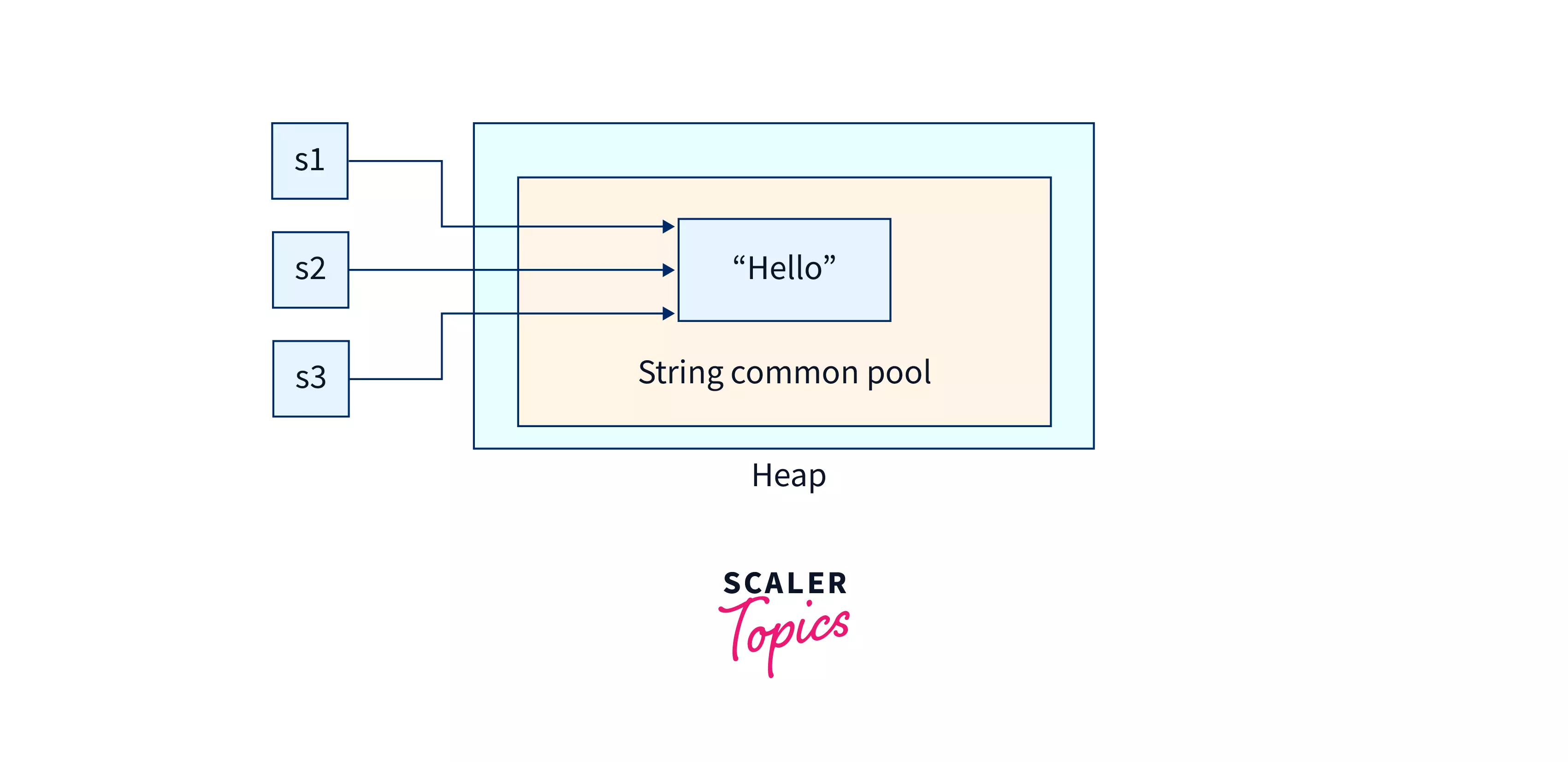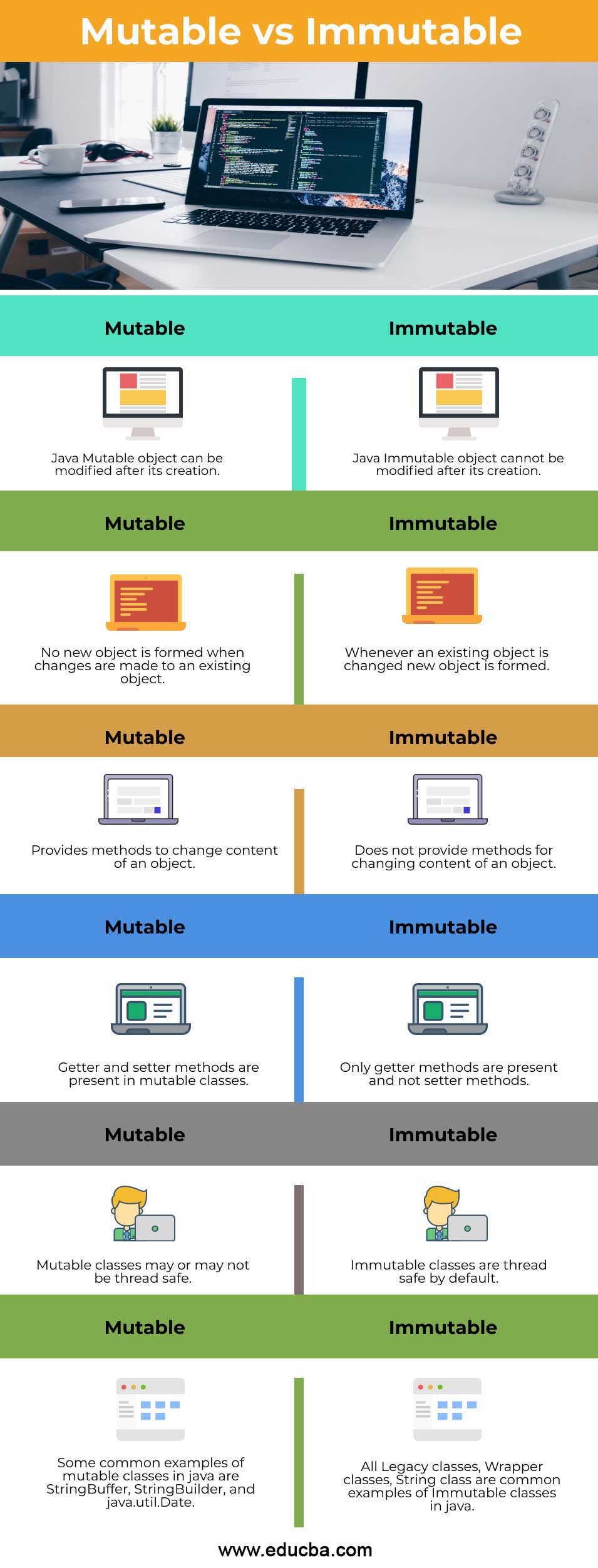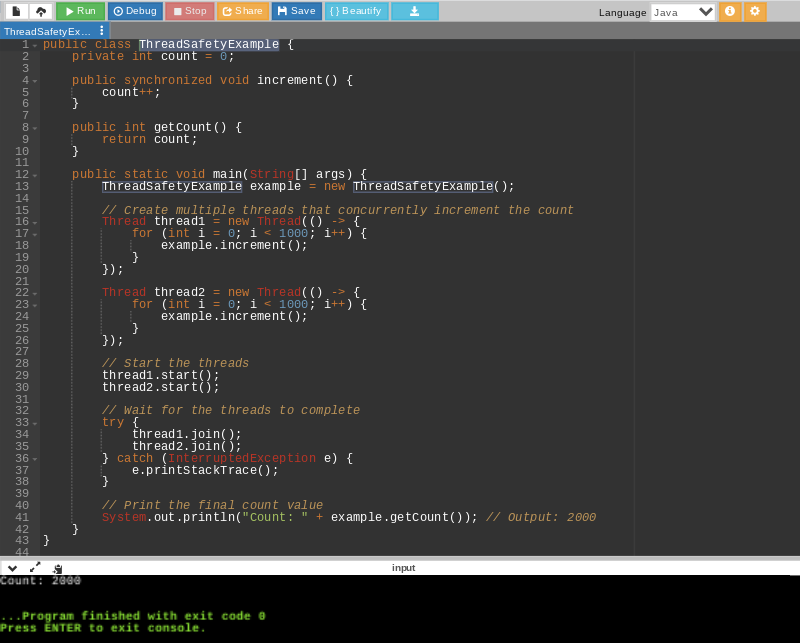What Is Immutable Strings and Just How It Functions
In the realm of programs, understanding the concept of immutable strings is paramount for developing durable and safe applications. Unalterable strings refer to strings that can not be changed after they are produced, making sure information honesty and predictability within the code. This essential principle plays a crucial duty in different programming languages and supplies an one-of-a-kind strategy to managing information. By checking out the details of exactly how unalterable strings operate, one can discover a world of benefits and opportunities that can elevate the high quality and efficiency of software program advancement.
The Basics of Immutable Strings
Unalterable strings, as a fundamental concept in shows, are character series that can not be transformed when they are developed. This indicates that as soon as a string is appointed a value, that value can not be modified. In languages like Python and Java, strings are immutable items, resulting in numerous implications in terms of memory management and data integrity.
Among the crucial benefits of unalterable strings is that they provide a feeling of protection in information adjustment. Given that the web content of an immutable string can not be modified, it guarantees that the original data remains undamaged, minimizing the threat of unexpected adjustments throughout program implementation (Why are strings immutable in Java?). This property additionally simplifies debugging procedures, as programmers can trust that as soon as a string is defined, its value will not be unintentionally modified
When a brand-new string is produced based on an existing one, instead than customizing the original string, the new value is stored individually. Generally, comprehending the fundamentals of immutable strings is important for understanding programming principles and maximizing code performance.
Benefits of Immutable Strings
Building upon the protection and effectiveness advantages of unalterable strings, their advantages encompass enhancing code dependability and simplifying concurrent programming jobs. By being immutable, strings can not be customized after development, which removes the threat of unplanned adjustments in the data they keep. This inherent immutability ensures that once a string is created, its worth remains consistent throughout the program's implementation, minimizing the possibilities of bugs caused by unanticipated changes.
Furthermore, immutable strings add to code integrity by making it less complicated to reason about the state of a program. Given that strings can not be altered, designers can trust that a string will certainly always hold the very same value, simplifying debugging and maintenance efforts. This predictability brings about more secure and reputable codebases.

Implementation in Shows Languages
Within numerous programs languages, the incorporation of unalterable strings is a fundamental element that influences how data is dealt with and controlled within code frameworks. The application of unalterable why not try this out strings varies throughout various shows languages, with each language offering its own systems to sustain this concept.

On the other hand, languages like C and C++ do not have integrated support for unalterable strings. Developers in these languages must manually carry out immutability by applying guidelines within their code to avoid straight alterations to string objects.
Finest Practices for Dealing With Unalterable Strings
When dealing with immutable strings in programming languages like Java and Python, adhering to ideal techniques guarantees secure and reliable data control. Among the essential best methods is to make use of StringBuilder or StringBuffer instead of directly controling strings, specifically when taking care of comprehensive concatenation procedures. These classes give mutable options for string adjustment, helping to avoid unneeded memory appropriations and boosting efficiency.
An additional finest technique is to use string interpolation or formatting operates given by the language as opposed to hands-on concatenation. This not just boosts readability however additionally help in avoiding usual risks such as unintentional string adjustments. In addition, when dealing with delicate data such as passwords or API secrets, it is important to avoid keeping them as ordinary message in unalterable strings. Utilizing secure storage systems like char arrays or specialized collections for dealing with delicate info assists alleviate protection threats connected with immutable strings.
Real-world Applications and Instances
Exploring sensible executions of immutable strings in various sectors reveals their considerable effect on data honesty and system integrity. In the health care sector, unalterable strings play an important duty in guaranteeing the protection and confidentiality of individual data. By preventing unapproved modifications to delicate information such as medical records and prescriptions, immutable strings assist maintain compliance with rigorous privacy policies like HIPAA.
Banks additionally gain from the immutable nature of strings to improve the safety and security of consumer data and purchase records. Unalterable strings help avoid fraudulence and unauthorized alterations to monetary information, supplying a durable protection against cyber hazards and making sure the trust fund and self-confidence of customers.

Conclusion
Ideal techniques for browse around here functioning with immutable strings include avoiding straight adjustments and making use of approaches that return brand-new string objects. Real-world applications of immutable strings include data file encryption, caching, and string control tasks.
Unalterable strings refer to strings that can not be changed after they are produced, ensuring data stability and predictability within the code. When a brand-new string is produced based on an existing one, instead than modifying the initial string, the brand-new value is saved individually.In languages like Java and Python, strings are immutable by default, suggesting that as soon as a string things is produced, its value can not be changed - Why are strings immutable in Java?. Finest practices for working with immutable strings include Check Out Your URL avoiding direct modifications and making use of techniques that return new string things. Real-world applications of unalterable strings consist of data encryption, caching, and string manipulation tasks